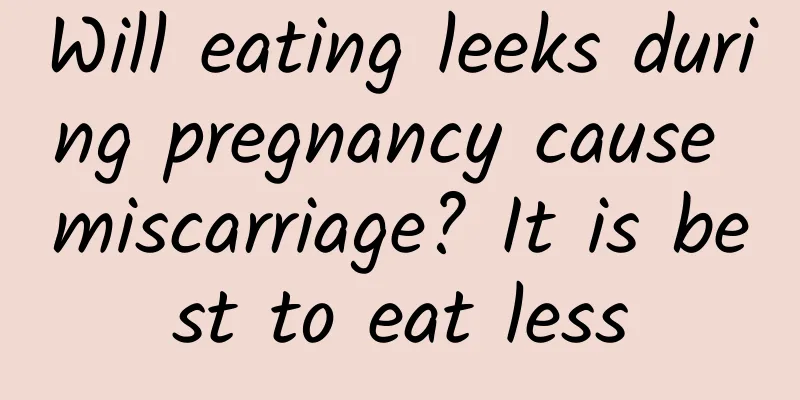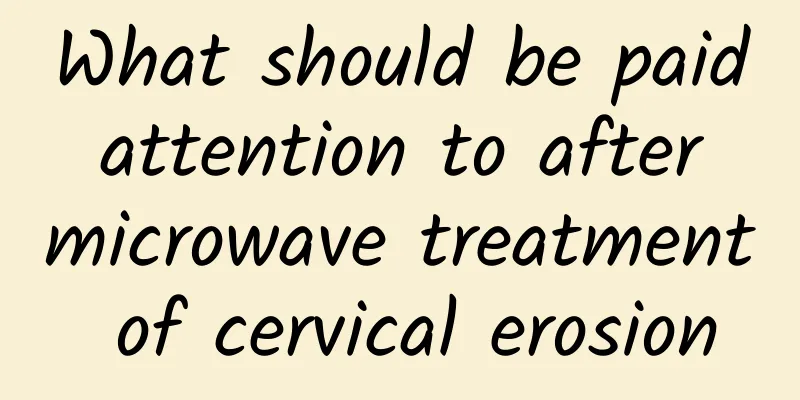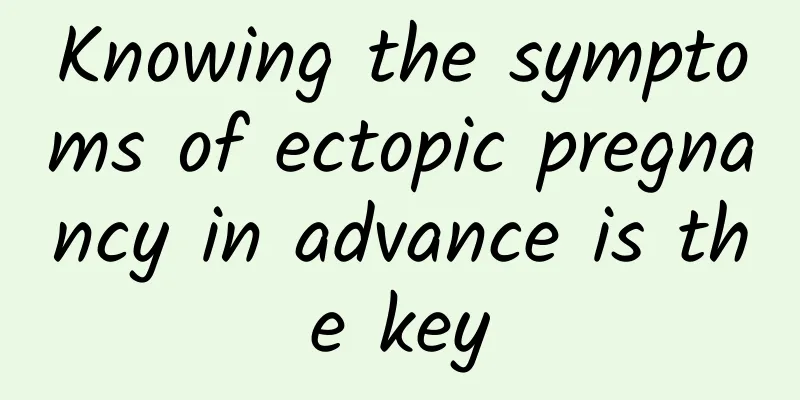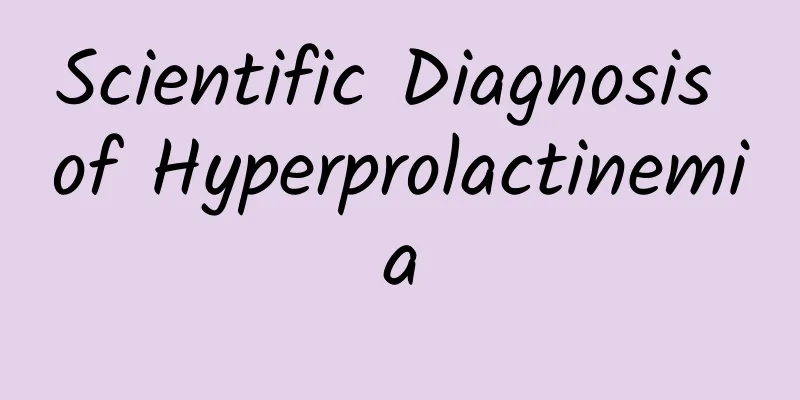Will eating leeks during pregnancy cause miscarriage? It is best to eat less

|
Pregnant women should pay more attention to all aspects after pregnancy, especially to diet. Eating more nutritious and healthy food in the early stages of pregnancy is also beneficial to the development of the fetus. Leek is a food that many people like to eat. Some women also like to eat it after pregnancy, but I heard that eating leeks after pregnancy will cause miscarriage. Is this statement correct? Let us find out below. The nutritional value of leek is very high. Pregnant women can eat leek after pregnancy, but not too much. If pregnant women eat too much leek, it may cause uterine contraction and miscarriage. Therefore, the saying that eating leek during pregnancy will cause miscarriage is still reasonable. During pregnancy, pregnant women are best to eat less leek, because leek is not easy to digest, and it is not advisable to eat too much at one time. It is best to eat it with other foods, which will taste better. Leeks contain many nutrients. If pregnant women eat some of them, it is very good for the body. They are rich in fiber, vitamins, carotene, and many minerals needed by the body. If pregnant women eat them in the early stages of pregnancy, it is beneficial to the development of the fetus. It can also supplement nutrition for pregnant women and enhance the body's resistance. Leeks are also rich in dietary fiber. Eating them can help promote digestion and prevent constipation for pregnant women. If pregnant women have a loss of appetite, they can also eat some leeks to stimulate their appetite. After pregnancy, pregnant women should pay more attention to diet. A reasonable diet can better help supplement nutrition and is also beneficial to the development of the fetus. During pregnancy, pregnant women can eat more foods rich in protein, vitamins and trace elements, but should avoid eating all kinds of raw, cold and irritating foods, which are very bad for the body of pregnant women. From the above, we know that eating leeks during pregnancy will not cause miscarriage. Only eating a large amount of leeks will cause miscarriage. Pregnant women should not eat too much leeks at one time. Just eat a moderate amount. Leeks contain many nutrients. It is good for pregnant women to eat some of them. It is also beneficial to the development of the fetus and help strengthen the immunity of the pregnant woman's body. Pregnant women should pay more attention to their diet and health in normal times. |
<<: Can I eat oranges after a miscarriage? I should try to eat less
>>: Have pregnant women had miscarriages after eating peach gum? You can eat it in moderation.
Recommend
How is endometriosis diagnosed?
Endometriosis is a common gynecological disease i...
Treatment of Hyperprolactinemia with Traditional Chinese Medicine
Experts say: Hyperprolactinemia, also known as hy...
Can I wear makeup after a miscarriage? Why can't I wear makeup after a miscarriage?
Many women want to know whether they can put on m...
How to effectively prevent dysmenorrhea
Dysmenorrhea is a common disease among women. The...
Why do I keep gaining weight if I eat boiled vegetables and no starch? Eat like this to prevent sarcopenia with balanced nutrition
Some seniors would ask nutritionists: "I onl...
Three common diagnostic methods for Bartholinitis
The occurrence of Bartholinitis makes patients ve...
Obesity + Diabetes = Sugar Obesity ~ 4 Tips to Avoid the Sweet Trap
Will drinking sugary drinks cause obesity? The an...
Several symptoms of cervical precancerous lesions that are easily misdiagnosed
Experts point out: Although cervical precancerous...
What medicine should I take for ovulation bleeding?
What medicine should I take for ovulation bleedin...
What is the cause of recurrent spontaneous abortion?
Causes of recurrent spontaneous abortion: Recurre...
Tell you in detail about the symptoms of cervical erosion
Many women have suffered from cervical erosion. S...
What fruits are good to eat when suffering from dysmenorrhea?
Dysmenorrhea is not unfamiliar to many women. It ...
Can I eat mangoes if I have pelvic inflammatory disease? Yes.
Mango is one of the most delicious fruits and als...
What are the symptoms of irregular menstruation
What are the symptoms of irregular menstruation? ...
Lose weight without starch? Nutritional imbalance may lead to leucorrhea and acne
Losing weight is an important issue for women thr...









